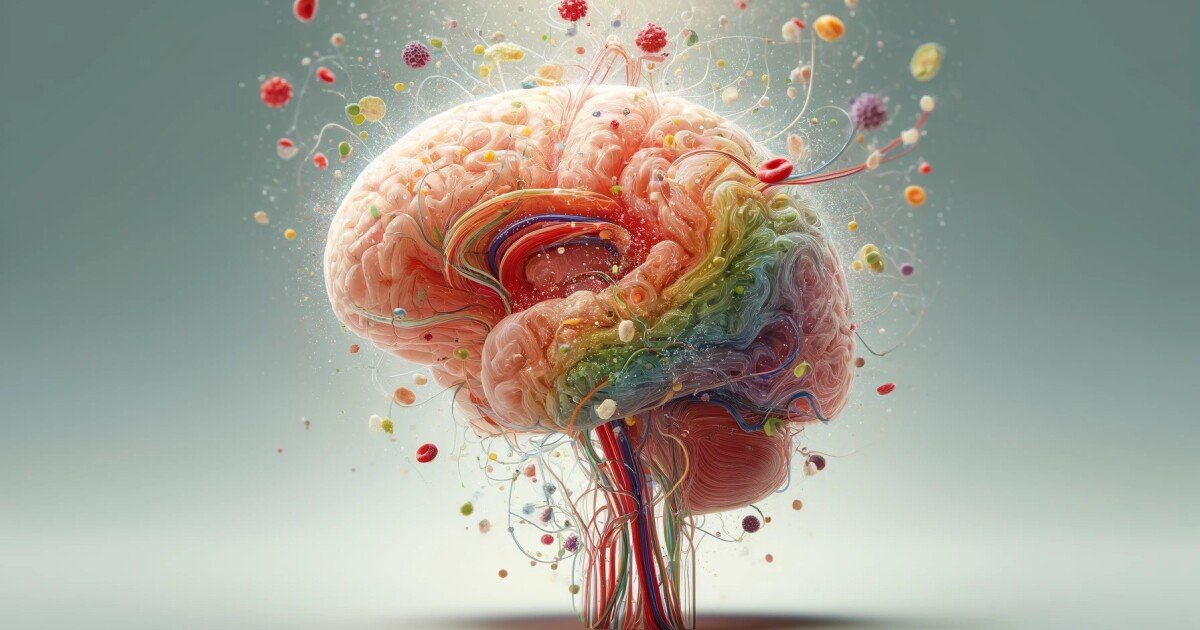A new study combines brain scans and nutritional intake data to discover nutrient profiles that put the brakes on brain aging. Additionally, its profile is consistent with popular, easy-to-follow meal plans that are proven to provide multiple benefits.
To conduct the study, researchers from the University of Nebraska-Lincoln (UNL) and the University of Illinois at Urbana-Champaign worked with a group of 100 cognitively healthy people between the ages of 65 and 75. They drew blood from participants to measure nutritional biomarkers, conducted MRI scans, and administered various cognitive assessments to the volunteers. The scientists also had participants fill out a questionnaire that collected demographic data, information about activity levels, and physical measurements.
When the researchers looked at the cognitive data, they found two types of brain aging: slower than allowed and accelerated. When they combined cognitive data with nutritional measurements, they found that certain nutritional profiles were clearly associated with people’s brains aging more slowly. Specifically, those with younger brains had better levels of fatty acids, carotenoids, choline, two types of vitamin E, and antioxidants in their blood. This closely matches the nutritional profile of the Mediterranean diet.
“What makes our study unique is its comprehensive approach, which integrates data on nutrition, cognitive function, and brain imaging,” said UNL Principal Investigator Aaron Barbey. “Rather than simply measuring cognitive ability with traditional neuropsychological tests, we simultaneously examine brain structure, function, and metabolism to determine the direct relationship between these brain characteristics and cognitive ability. Furthermore, we demonstrate that these brain characteristics are directly related to diet and nutrition, as revealed by patterns observed in nutritional biomarkers. ”
The researchers say their study was unique in its kind of rigor, but the Mediterranean diet, which emphasizes whole grains, fruits, vegetables, fish, and healthy fats, Given its consistent appearance, this result may not be all that surprising. As a healthy meal plan. It has been shown to fight cardiovascular disease, type II diabetes, breast cancer, and even reduce symptoms of depression in young men. Additionally, it came in at number 3 on the American Heart Association’s list of top 10 diets last year.
The researchers said they plan to continue investigating the nutrient profile associated with delayed brain aging to further elucidate the effects of specific nutrients on brain health.
“Important next steps include conducting randomized controlled trials,” Barbey said. “These trials would isolate the specific nutrients that are positively associated with cognitive function and brain health and administer them in the form of dietary supplements, so that we could ultimately evaluate whether increasing levels of these specific nutrient profiles reliably translates into improved health outcomes, as well as measures of cognitive test performance and brain structure, function and metabolism.”
The research conducted by Barbey and his team was published in the journal. natural aging.
Source: University of Nebraska-Lincoln via EurekAlert

